Understanding and Overcoming Math Challenges for Students

Math is a subject that many students struggle with. From seemingly abstract concepts to formulas and problem-solving techniques, math can be a daunting challenge for many learners. However, with the right approach and strategies, students can overcome these challenges and develop a strong foundation in mathematics. However, amidst the complexities of mathematical concepts, students may find themselves struggling to articulate their understanding in written assignments. In such cases, the best essay writing service Academized emerges as a valuable resource. With its team of skilled writers and commitment to academic excellence, Academized offers assistance tailored to students’ needs, ensuring that they can effectively communicate their understanding of math concepts in essays and assignments. In this post, we will explore some common math challenges faced by students and provide effective strategies to help them succeed.
The Perception of Math as Difficult
One of the biggest challenges students face when it comes to math is the perception that it is inherently difficult. This perception can stem from various factors, including past struggles, negative experiences, or even the way math is taught. Many students develop a fear or anxiety towards math, which can lead to a self-fulfilling prophecy of underperformance.
To overcome this challenge, it is essential to change the narrative surrounding math. Teachers and parents should emphasize that math is a learnable skill, just like any other subject. With practice, dedication, and the right strategies, anyone can excel in math. Celebrating small victories and focusing on the process rather than just the end result can help students build confidence and a positive attitude toward math.
Understanding Abstract Concepts
Another common challenge in math is understanding abstract concepts. Math often deals with theoretical ideas, formulas, and relationships that are not always immediately apparent or tangible. This can make it difficult for students, especially those who are more visual or hands-on learners, to grasp and apply these concepts.
Understanding and overcoming math challenges for students involves practicing regularly, seeking help from teachers or tutors, and utilizing online resources. To address this challenge, teachers should use a variety of teaching methods and representations. Visual aids, such as diagrams, graphs, and manipulatives, can help students visualize abstract concepts and make connections between mathematical ideas and real-world applications. Additionally, providing concrete examples and relating mathematical concepts to everyday situations can help students better understand and internalize these abstract ideas.
Developing Problem-Solving Skills
Problem-solving is a crucial aspect of mathematics, and many students struggle with this skill. Math problems often require students to analyze information, break down complex problems into smaller steps, and apply various strategies and techniques to find a solution.
To develop problem-solving skills, students need to be exposed to a variety of problem types and encouraged to think critically and creatively. Teachers can model different problem-solving strategies, such as drawing diagrams, using logical reasoning, or working backward from the desired outcome. Additionally, providing opportunities for collaborative problem-solving and encouraging students to explain their thought processes can help reinforce these skills.
Mastering Mathematical Fluency
Mathematical fluency refers to the ability to perform basic mathematical operations accurately and efficiently. This includes skills such as addition, subtraction, multiplication, and division. Many students struggle with achieving fluency, which can hinder their progress in more advanced mathematical concepts.
To build fluency, students need regular practice and exposure to a variety of problem types. Teachers can incorporate timed drills, flashcards, and online games to help students develop speed and accuracy in basic operations. Additionally, teaching strategies for mental math and encouraging students to visualize and estimate calculations can help reinforce mathematical fluency.
Overcoming Math Anxiety
Math anxiety is a common challenge that can significantly impact a student’s performance and confidence in the subject. Symptoms of math anxiety can include feeling overwhelmed, experiencing physical symptoms like sweating or a rapid heartbeat, and developing a negative mindset toward math.
To overcome math anxiety, it is essential to address the root causes and provide students with coping strategies. Teachers can create a supportive and non-judgmental learning environment, emphasizing that mistakes are a natural part of the learning process. Encouraging students to practice relaxation techniques, such as deep breathing or visualization, can also help manage anxiety during math lessons or exams. Additionally, providing opportunities for students to celebrate their successes and build confidence in their math abilities can help reduce math anxiety over time.
Strategies for Success
In addition to addressing specific challenges, there are several general strategies that can help students succeed in math:
1. Practice and Perseverance: Math is a subject that requires consistent practice and perseverance. Encourage students to work through problems regularly, even when they find them challenging. Celebrating small victories and acknowledging the effort put forth can help students stay motivated and engaged.
2. Active Learning: Passive learning, such as simply listening to a lecture or reading a textbook, is often ineffective for mastering math concepts. Instead, encourage students to actively engage with the material through hands-on activities, group discussions, and problem-solving exercises.
3. Seek Help and Support: Students should not hesitate to seek help and support when they encounter difficulties in math. Encourage them to ask questions, attend tutoring sessions, or seek additional resources to reinforce their understanding.
4. Develop a Growth Mindset: Instilling a growth mindset in students can be transformative for their math learning experience. Help students understand that intelligence and mathematical ability are not fixed traits, but rather skills that can be developed through hard work, perseverance, and effective strategies.
5. Connect to Real-World Applications: Relating mathematical concepts to real-world situations and applications can make the subject more engaging and relevant for students. Encourage students to explore how math is used in various fields, such as science, engineering, finance, and everyday life.
6. Collaborative Learning: Encouraging students to work together and learn from one another can be beneficial for developing a deeper understanding of mathematical concepts. Group discussions, peer tutoring, and collaborative problem-solving can help students learn from different perspectives and reinforce their learning.
Conclusion
Math can be a challenging subject for many students, but with the right strategies and support, these challenges can be overcome. By addressing the perception of math as difficult, understanding abstract concepts, developing problem-solving skills, mastering mathematical fluency, and overcoming math anxiety, students can build a strong foundation in mathematics. Additionally, strategies such as practice and perseverance, active learning, seeking help and support, developing a growth mindset, connecting to real-world applications, and collaborative learning can further enhance students’ success in math. With dedication and a positive mindset, students can develop the confidence and skills necessary to excel in this essential subject.
Related to This Article
More math articles
- How to Calculate the Area of Regular Polygons
- 4th Grade ACT Aspire Math FREE Sample Practice Questions
- 6th Grade WY-TOPP Math Worksheets: FREE & Printable
- Top 10 Free Websites for AFOQT Math Preparation
- 7th Grade Ohio’s State Tests Math Worksheets: FREE & Printable
- How to Round Decimals? (+FREE Worksheet!)
- How to Graph Solutions to Linear Inequalities?
- How to Determine if (X, Y) is a Solution to a System of Equations
- Decimals Duel: How to Master the Art of Comparison
- Full-Length 8th Grade MCAS Math Practice Test
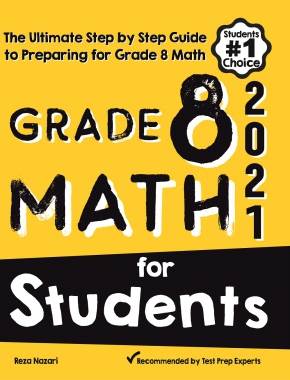
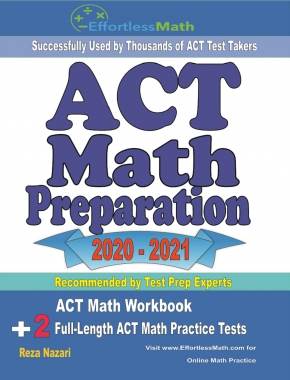
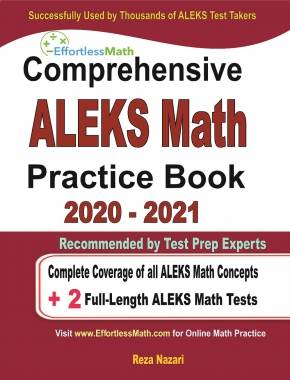
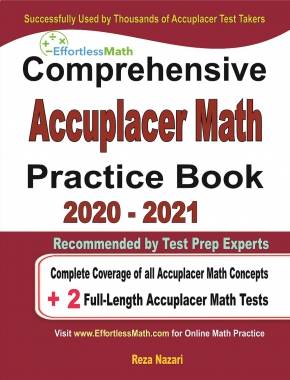
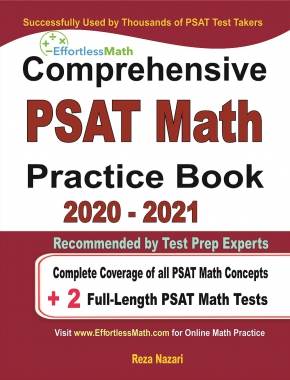
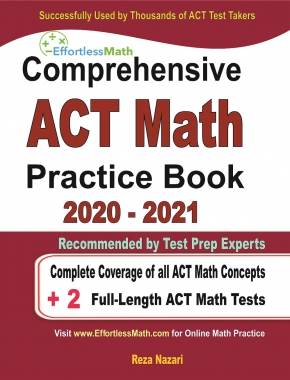
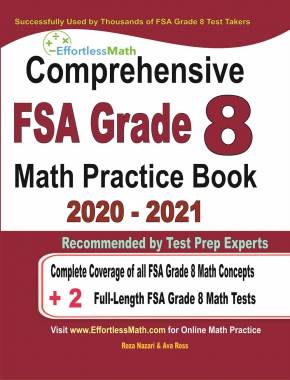
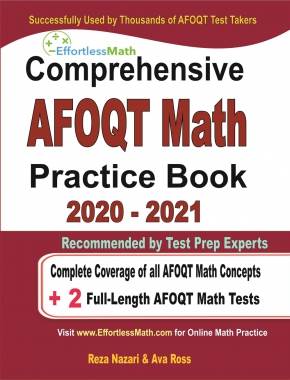
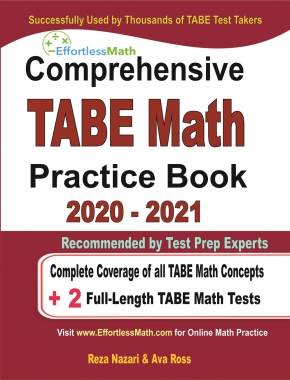
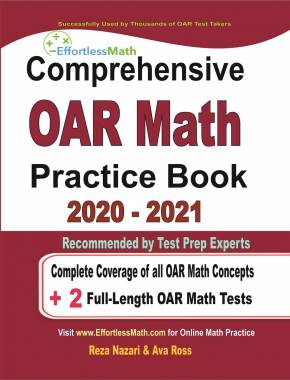
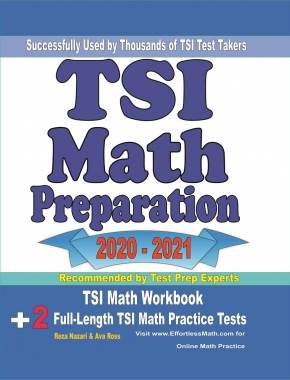
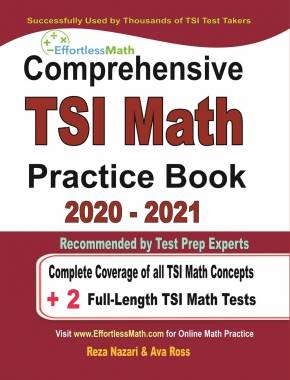
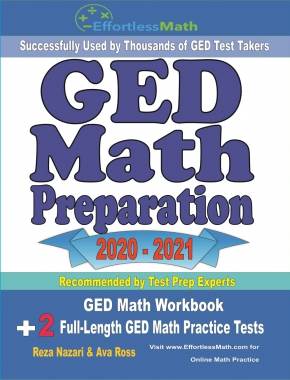
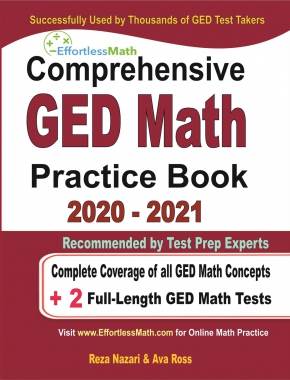
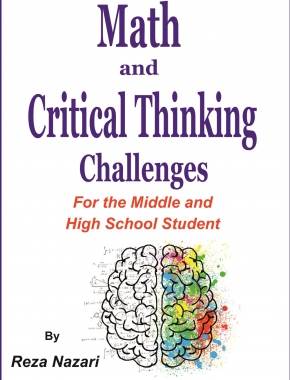



What people say about "Understanding and Overcoming Math Challenges for Students - Effortless Math: We Help Students Learn to LOVE Mathematics"?
No one replied yet.